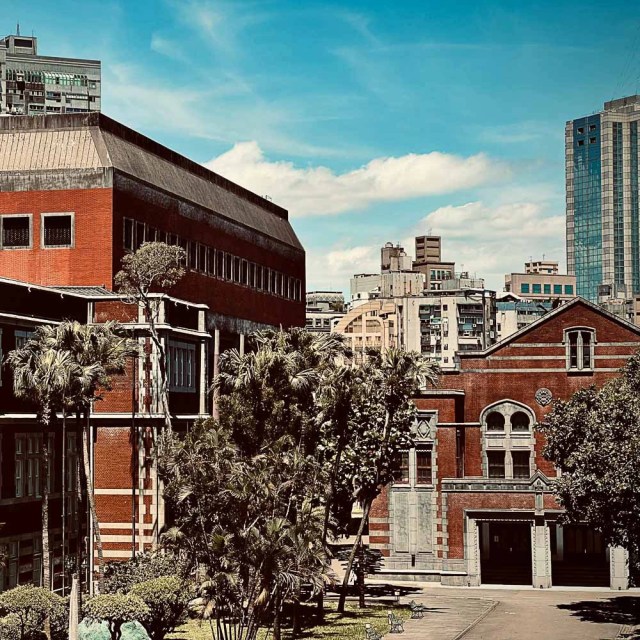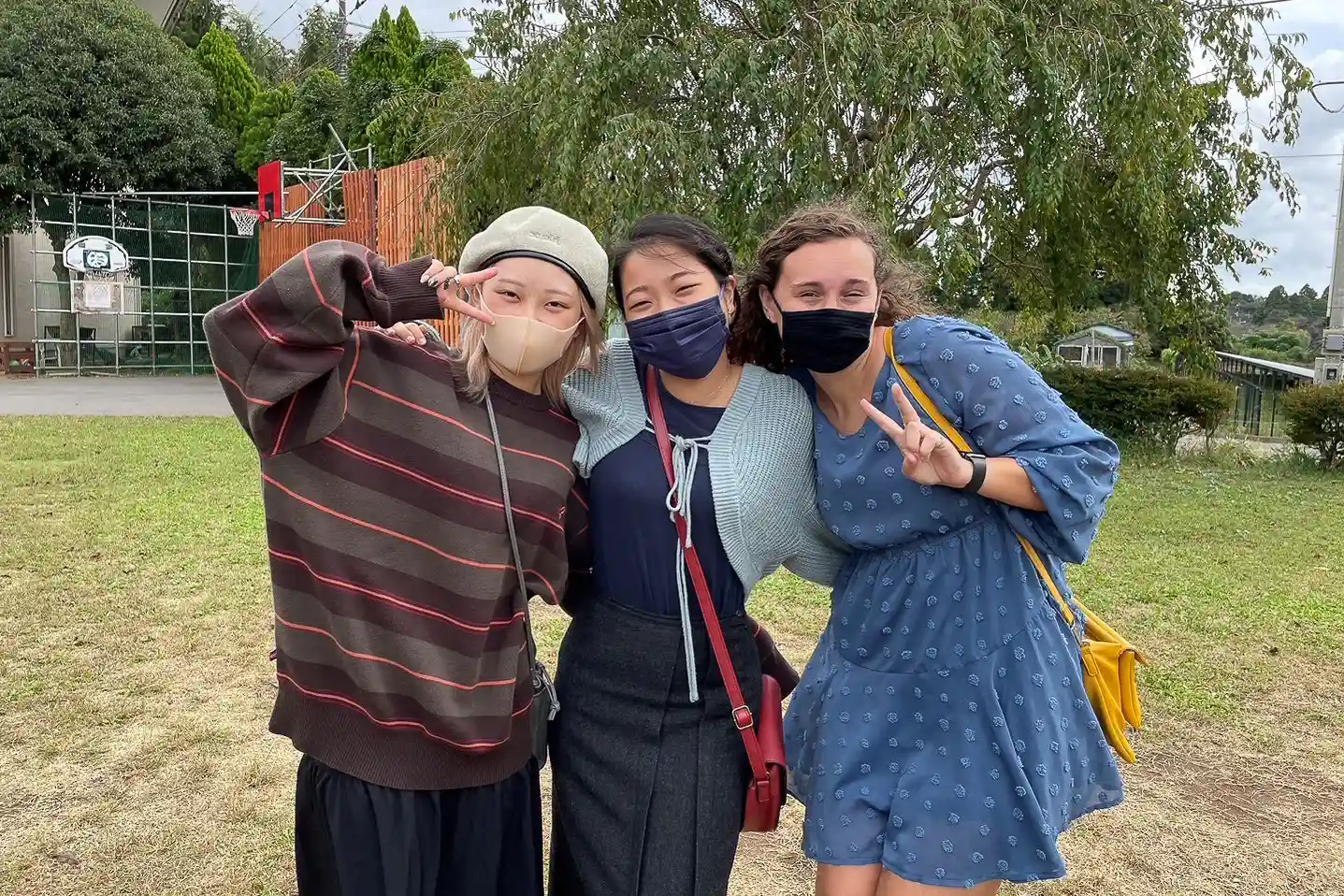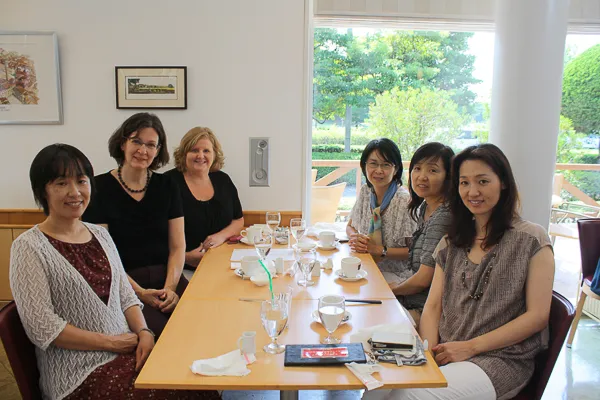A Tale of Two Ministries
God at Work in Endings and Beginnings in Japan

“It was the best of times, it was the worst of times, … it was the spring of hope, it was the winter of despair.” So begins Charles Dickens’ famous novel, “A Tale of Two Cities,” and though contemporary Japan is a far cry from revolutionary France, the same could be said of the state of Christianity and the Church in the “Land of the Rising Sun.”
Today, Japanese are the second largest unreached people group in the world, with less than 1% of the population professing faith in Jesus—and those numbers are only dropping. Though Japan saw a wave of missions and Christian revival shortly after World War II, that generation of Japanese pastors is aging, and the country remains in urgent need of young pastors to take the reins and lead, revitalize, or plant churches throughout the country.
Yet, even in this seemingly bleak context, God is at work in Japan. Even as the total numbers of Japanese Christians are decreasing, MTW church plants have grown and thrived. Now, two MTW-connected ministries are at exciting turning points—building, growing, and looking forward to seeing how God will work in and through them to build for His kingdom.
Kaihin Makuhari Grace Church and a Faithful Pastor
The tale of Kaihin Makuhari Grace Church (KMGC) begins with the story of a Japanese man named Hirohashi Yoshinobu. In 1955, 16-year-old Hirohashi was led to Christ by a missionary from Hawaii. A few years later, he felt called by God to become a pastor. Disowned by his Buddhist parents for daring to pursue a life of Christian pastoral ministry, Hirohashi bought a one-way train ticket to Tokyo, where he enrolled in a six-year program at Japan Christ Seminary.
Life wasn’t easy for an aspiring Japanese pastor. After receiving his first call as a church-planting pastor to a Presbyterian church in 1966, Hirohashi spent the next 16 years serving bi-vocationally. At one time he worked as a medical assistant, at another he sold encyclopedias during the week—all while preaching, ministering, and evangelizing on the weekends. Over the coming decades, Hirohashi continued to grow and serve in the Presbyterian Church of Japan until, in 1992, the denomination asked him to lead their domestic missions committee—coaching Japanese church planters. It was in this role that Hirohashi began working closely with MTW missionaries in Japan, including MTW Japan Director Dan Iverson. When Hirohashi heard through Dan that an MTW-run English language ministry in the nearby Kaihin Makuhari, Chiba community was about to close, he decided it was time to stop coaching and get back to church planting himself.
“This is at 60 years old, by the way,” said MTW missionary Mark Bocanegra. “He took all of this church planting know-how, all these decades of experience as a PCJ pastor, and he moved here in 1999 to start a church plant—Kaihin Makuhari Grace Church.”
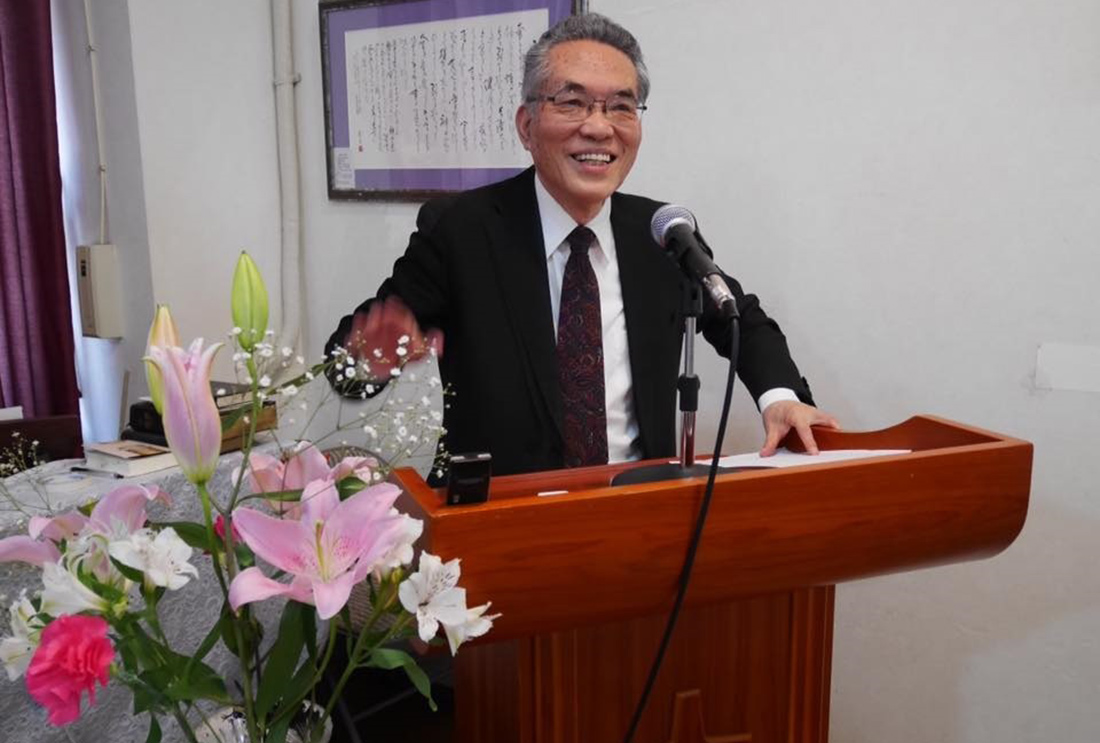
In the beginning, KMGC was just Hirohashi, his wife, one of his daughters, and one newly baptized believer. Church planting is tough and slow-going in Japan, but KMGC grew quickly—moving at what Mark described as “warp speed for Japan.” Within the first decade, the church particularized, developed its first ruling elder, and became financially independent. By 2013, the church had grown to around 90 people—big enough that they sent out MTW missionary Craig Coulbourne (who had been working with them in the neighborhood) to plant a daughter congregation, and even raised up and later sent a Japanese church member out as a missionary overseas.
A Well-Built Church and a Season of Transition
Today, Hirohashi-Sensei is in his 80s and approaching retirement. To replace him when he does retire, Hirohashi and KMGC have brought on two new men to lead the church: MTW missionary Mark Bocanegra and Josiah Momose, an American seminary graduate who is working toward ordination in the PCJ. Though Mark and Josiah are American, both grew up in Japan. As a result, they’re fluent in Japanese and able to bridge cultural gaps more easily than most. Both also worked secular jobs in Japan before going to seminary and pursuing ministry—further honing their language skills and learning valuable lessons about the everyday struggles of the Japanese professionals to whom they hoped to minister.
“I worked for a Japanese intellectual property law firm for four years,” Josiah explained. “It was definitely a good experience for me to see how hard it is for Japanese people to have a life outside of work … and see what life looks like for people who are nonbelievers in Japan. It was a reinforcing time for me because every day I felt like I needed to depend on God to be salt and light and to reach people.”
The two met at an MTW church plant in Chiba, where Mark was serving as assistant pastor and Josiah as a pastoral intern. A few years after Mark was recruited by Hirohashi, he asked Josiah to join him on the team at KMGC. Together, Mark and Josiah hope to not only strengthen and grow KMGC, but also to plant a new church in the nearby neighborhood of Bay-Park and launch a college ministry for local students.
“Josiah will be primarily helping with the mother congregation, and I will be focusing more on the daughter congregation,” Mark explained. “We’re both doing both, but we know who is focused on what.”
After all that Hirohashi has accomplished, Mark and Josiah have their work cut out for them and big shoes to fill, but both are confident that the transition will be smooth and that God will bless the work ahead of them. Even as one era of faithful ministry ends, a new one is beginning.
MTW Chiba Team Hands Work to Japanese Leaders
A similar dynamic of endings and beginnings is playing out in nearby Chiba. On December 31, 2020, MTW’s Tokyo-Chiba church-planting team officially disbanded. Far from a failure, this ending of an era marks the culmination of 36 years of prayer and faithful ministry, resulting in 10 churches planted, more than 500 Japanese converted to saving faith in Christ, a new Japanese presbytery, a Christian school, extensive disaster relief efforts in the wake of the 2011 earthquake-tsunami-nuclear disaster, the birth of six new MTW teams, and the discipleship and development of local Christian leaders, many of whom are now taking the reins of MTW-started churches and ministries.
“The ministry was slow and discouraging those first years,” wrote MTW Japan Director Dan Iverson in a recent newsletter. “We saw no visible fruit for four years, but God’s people kept praying, kept supporting us, kept sending more harvest laborers. Japanese people were loved, and the gospel was preached to thousands. Over the years, hundreds came to faith and were baptized, gathered into the new church plants. And as all this was happening, God was raising up Japanese pastors to be leaders in these churches and in this movement.”
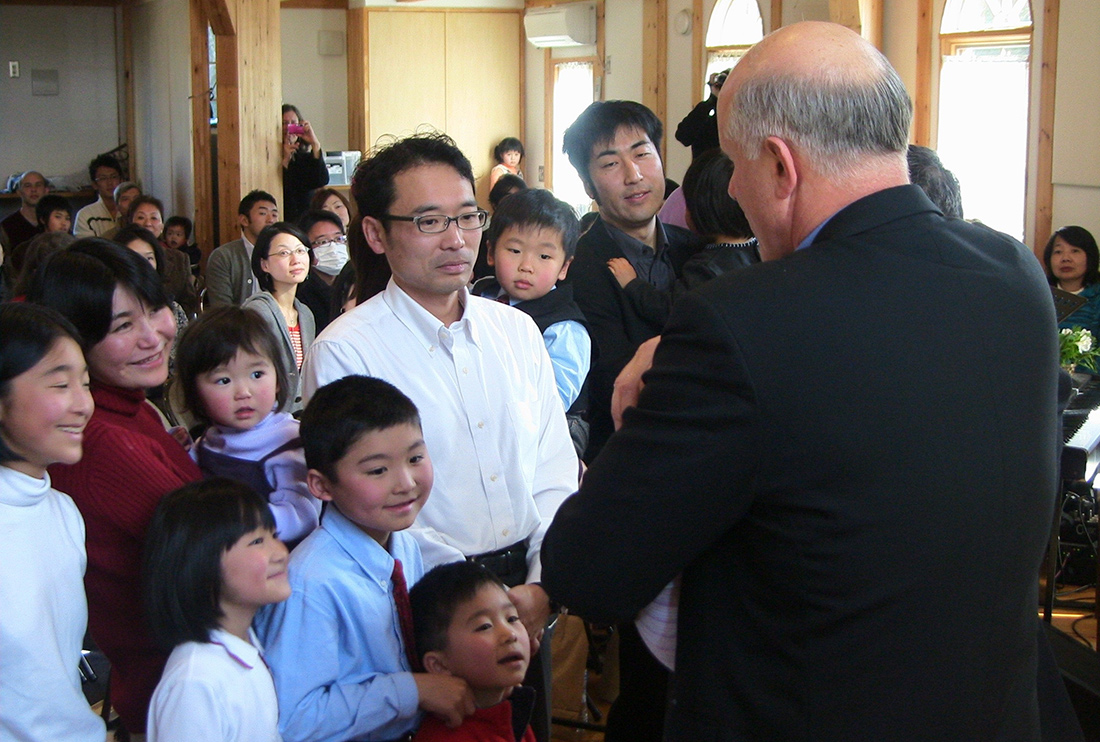
The Pastor Shortage Remains
Even as the Tokyo-Chiba team ends, the many missionaries who have been a part of the work together leave behind a remarkable kingdom legacy. But the way Dan sees it, the mission is not even close to being accomplished in Japan.
“We have a huge shortage of pastors in Japan and we need more missionaries,” Dan said.
In one of these stories, primarily American missionaries came to Japan, planted churches, started ministries, and eventually handed over the reins to Japanese leaders. In the other, a Japanese pastor planted a church, and is now handing over the reins to American pastors (albeit American pastors raised in Japan). Yet both KMGC and Chiba are stories of success; stories of churches planted, lives changed, and communities transformed by the power of the gospel.
Some may look at the KMGC story with some hesitation—after all, isn’t a sustainable ministry model rooted in entrusting church plants to national leadership? But there’s the problem. Japan simply has too few Christians and too few Christian leaders to meet their great need. As wonderful and inspiring and exciting as these stories are, there is still so much more work to be done in Japan, and that work will take an “all hands on deck” approach.
Dan explains this dynamic through the metaphor of scaffolding. Normally, we pray and work for a model in which missionaries function as scaffolding—a necessary support structure to help plant and is that the scaffolding will eventually come down; the missionaries will eventually leave the building to stand on its own.
“If the scaffolding doesn’t come down, we didn’t do a good job of building the building,” Dan said. “But our problem in Japan is that we still need a ton of scaffolding.”
Japan needs a new generation of Japanese pastors to rise up, plant churches, and lead ministries across their country. And Japan needs many more missionaries from America and across the globe to rise up, plant churches, and lead ministries across Japan.
“Indigenous church planters is our goal, but the Great Commission is our bigger command—to do whatever it takes to make that happen,” Dan said. “A person’s character and call is more important than their passport.”
Looking for ways to serve? Browse opportunities at mtw.org/join.


